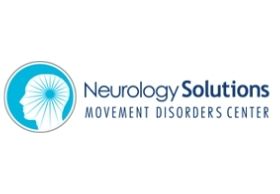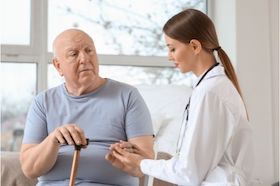
Q & A: Hormone Therapy for Parkinson’s
Neurology Solutions Movement Disorders Center shared an overview of its therapeutic program to provide hormone therapy for Parkinson’s (PD) disease management to improve patients’ cognition, mood and mobility and increase their tolerance for exercise. Following is a Hormone Therapy Q & A with more details on Neurology Solutions’ approach and results.

